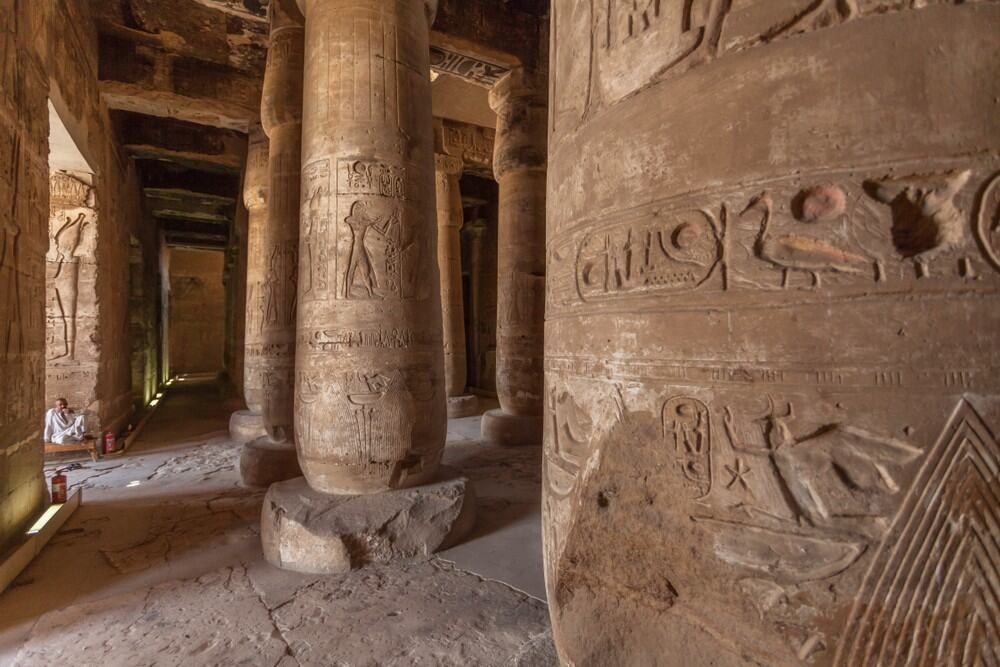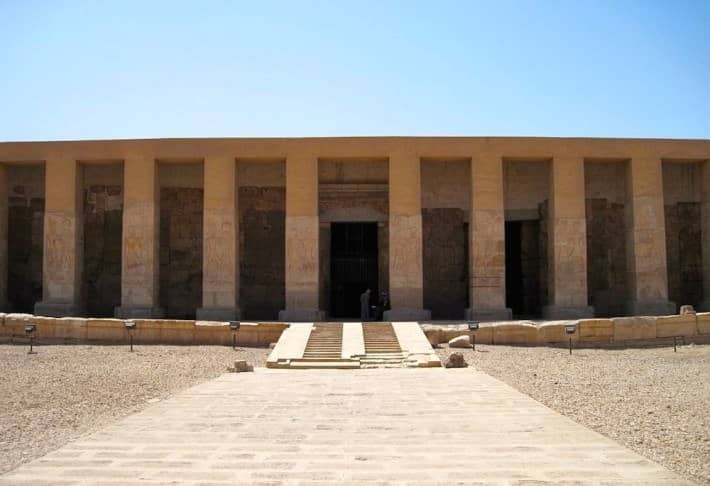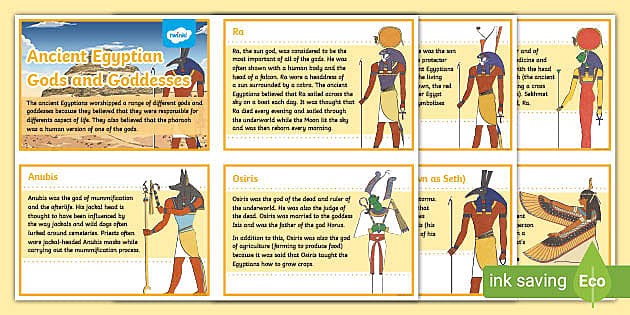Abydos: The Sacred City of Ancient Egypt
Source: i.ytimg.com Introduction The Gateway to Ancient Egypt Nestled along the banks of the Nile, Abydos is a site of profound historical and archaeological significance. This ancient city, once a vital center for worship and burial, invites those intrigued by Egypt’s rich past. Walking through its ruins can evoke a sense of wonder, reminding visitors…

Introduction
The Gateway to Ancient Egypt
Nestled along the banks of the Nile, Abydos is a site of profound historical and archaeological significance. This ancient city, once a vital center for worship and burial, invites those intrigued by Egypt’s rich past. Walking through its ruins can evoke a sense of wonder, reminding visitors of stories woven through millennia. From its grand temples to the mysteries of the afterlife, Abydos holds secrets that spark curiosity.
- Location: Egypt, along the Nile River
- Historical Era: Ancient Egypt, encompassing Predynastic through Greco-Roman periods
- Key Highlights:
- Known for the Temple of Seti I
- Burial site of several early pharaohs
As we delve deeper into the history of Abydos, its religious significance becomes clear, revealing layers of meaning that shape our understanding of this remarkable location.

History of Abydos
A Journey Through Time
The history of Abydos is a captivating narrative that spans thousands of years, anchoring it as one of Ancient Egypt’s oldest cities. It served not only as a royal necropolis but also encompassed the heart of Osiris worship, the god of the afterlife. Imagine standing where ancient Egyptians gathered to honor their deceased—a place brimming with rituals and reverence.
- Predynastic Era:
- Established as a burial ground
- Early worship of Osiris
- Dynastic Period:
- Prominence as a burial site for pharaohs
- Construction of monumental temples, such as Seti I’s
- Greco-Roman Era:
- Continued significance among newly integrated cultures
Through the ages, Abydos evolved, adapting to different dynasties while retaining its spiritual essence, setting the stage for the profound religious significance we explore next.

Religious Significance
A Sacred Center of Worship
Transitioning from its rich history, the religious significance of Abydos cannot be overstated. It was revered as a holy ground where the ancient Egyptians believed the god Osiris was buried. This connection fueled a vibrant culture of worship and pilgrimage, attracting countless visitors seeking blessings and a connection to the divine.
- Osiris Cult:
- Central to beliefs about the afterlife
- Rituals accelerating the journey to eternity
- Temples as Pilgrimage Sites:
- Thousands visited the Temple of Seti I
- Ritualistic practices aiming to honor the gods
- Relics and Offerings:
- Symbolic items left to appease deities
- Tombs adorned with hieroglyphics reflecting spiritual beliefs
Visiting Abydos today allows one to feel the echoes of countless prayers and offerings, emphasizing how this ancient site continues to resonate with human spirituality.

Archaeological Discoveries
Unearthing the Past
As we delve deeper into Abydos, the archaeological discoveries made here provide a fascinating glimpse into ancient life and beliefs. Each excavation reveals layers of history, showcasing the architectural and artistic prowess of the Egyptians. It’s like piecing together a grand puzzle, where every artifact uncovers a story.
- Significant Finds:
- The remnants of the Temple of Seti I, adorned with intricate carvings
- Royal tombs of early pharaohs, shedding light on burial practices
- Notable Artifacts:
- Beautifully crafted pottery and jewelry, reflecting daily life and spirituality
- The ‘Osireion,’ believed to symbolize the resurrection of Osiris
These discoveries not only enhance our understanding of the ancient world but also enrich the narrative of Abydos, highlighting its importance as a cultural and religious hub.

Abydos in Modern Times
Reviving the Ancient Spirit
Shifting our focus to Abydos in modern times, this ancient site has transformed into a significant hub for both tourism and scholarly research. As people flock to witness its grandeur, it serves as a bridge connecting the past and present. Every visit can feel like stepping into a living history book, rich with lessons and memories.
- Tourism Growth:
- Increase in visitors keen to experience historical Egypt
- Enhanced accessibility with guided tours and information centers
- Preservation Efforts:
- Initiatives to protect the site from natural and human-made damage
- Ongoing archaeological projects to explore and document findings
- Cultural Events:
- Festivals celebrating ancient traditions
- Educational programs promoting awareness about Egypt’s heritage
In modern times, Abydos continues to captivate; it stands as a testament to humanity’s enduring quest for understanding its roots.

Conclusion
Reflecting on Antiquity
In conclusion, Abydos embodies a rich tapestry of history, spirituality, and discovery. From its ancient roots as a religious epicenter to its modern revival as a site of scholarly interest, Abydos remains a beacon of Egypt’s cultural heritage. Visitors often leave with a profound sense of connection to the past, feeling the echoes of prayers and rituals that once filled the air.
- Key Takeaways:
- Abydos serves as both a historical treasure and a spiritual sanctuary
- Ongoing discoveries continue to illuminate its significance
As we reflect on Abdys’s journey, it invites us all to explore our own histories and understand the timeless human pursuit of meaning and belonging.






